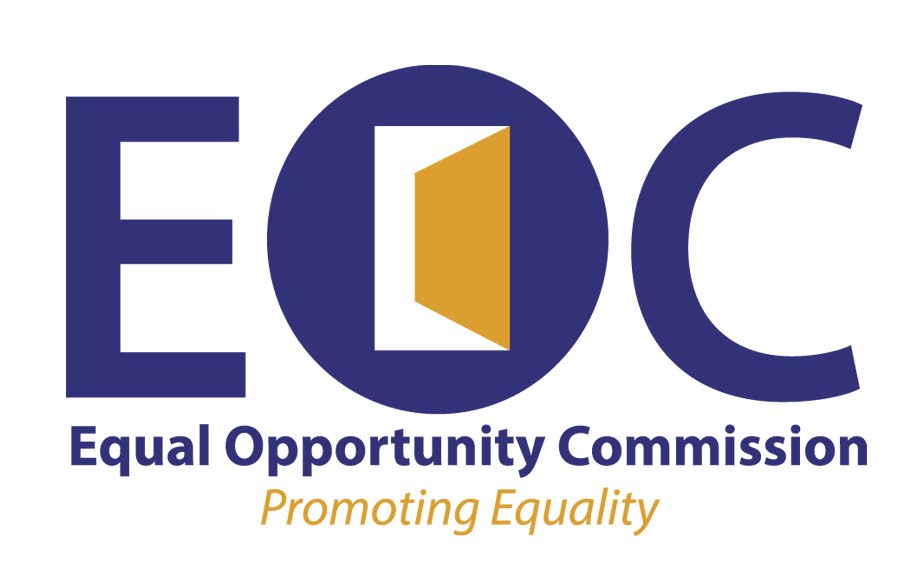Try conciliation instead of litigation

WHEN WE conduct our free inclusivity training sessions with organisations or when we do public education exercises, we explain the complaints process at the Equal Opportunity Commission (EOC) from the point of lodging a complaint to a resolution of the matter via conciliation. In some cases, we are asked about the process of conciliation and what typically happens at a session. This column seeks to provide clarity on the process of conciliation and how it is a helpful and beneficial tool.
Conciliation is an alternative out-of-court dispute resolution process in which the parties in a dispute seek to reach an amicable resolution with the assistance of a conciliator, who acts as a neutral third party. What this means for our customers is that they can utilise the conciliation process to be the architects of a resolution to their dispute.
When a person lodges a complaint with the EOC, we receive, investigate and as far as possible conciliate the complaint. What this means is that once the complaint has been filed, the Legal Services Unit at the EOC will receive and investigate the matter. After investigation, if the matter is referred to conciliation, the parties to the dispute have the opportunity at the conciliation process to listen to each other, clarify issues that may have led to the dispute and craft a resolution that is suitable for both parties.
When a complainant has decided to file a complaint at the EOC they will already be in some sort of distress because of the perceived discrimination and would like a quick resolution to the conflict. Conciliation is a useful tool that addresses the distress this person is feeling and provides an alternative to going to court.
Many people who feel they have been discriminated against are reluctant or even afraid to report the matter because they dread getting into a protracted court process. The good news is that they do not have to – they can use the conciliation process to resolve the matter in an informal, quick and cost-effective way. Conciliation gives the person who made the complaint (the complainant) and the person or organisation being complained about (the respondent) the opportunity to talk about the issues in the complaint and try to resolve the matter themselves.
The conciliation process is quite unlike a court hearing; we now explain some of the appealing features of conciliation:
* An attorney is
not essential at conciliation – Although parties can have support people including attorneys present, the process is informal and the parties to the dispute engage in dialogue, led by the conciliator, to work out a resolution.
* A process of empowerment and self-determination – The philosophical underpinning of conciliation is that the parties to a dispute can come to a voluntary, unforced decision based on informed choices. The act of designing your own settlement is empowering.
* Expedient resolution of the dispute – This means that the conciliation process can be completed in a relatively short time frame. This is a benefit to parties who have no desire to have their matter in the court system for years and out of their control.
* The agreement made in conciliation is binding – When parties have reached a resolution in conciliation, an agreement is prepared by the conciliator and reviewed and signed by both parties. Once signed it becomes binding on both parties and then sent to the Equal Opportunity Tribunal to be registered as a court order.
* The process is private and confidential – Discussions and agreements are kept confidential and away from the public and possible media scrutiny.
* Conciliation at the EOC is
free.
* Conciliation is
not like a court hearing – The person who manages the conciliation (the conciliator) does not decide who is right or wrong or how the complaint should be resolved. The role of the conciliator is to help both parties talk to each other and try to reach an agreement.
There are four categories in which a complaint can be made – employment, accommodation, education and goods/services. Within these categories, the complaint must fall within one of the seven status grounds included in the Equal Opportunity Act: race, religion, sex, marital status, ethnicity, origin (including place of origin) and disability.

Comments
"Try conciliation instead of litigation"